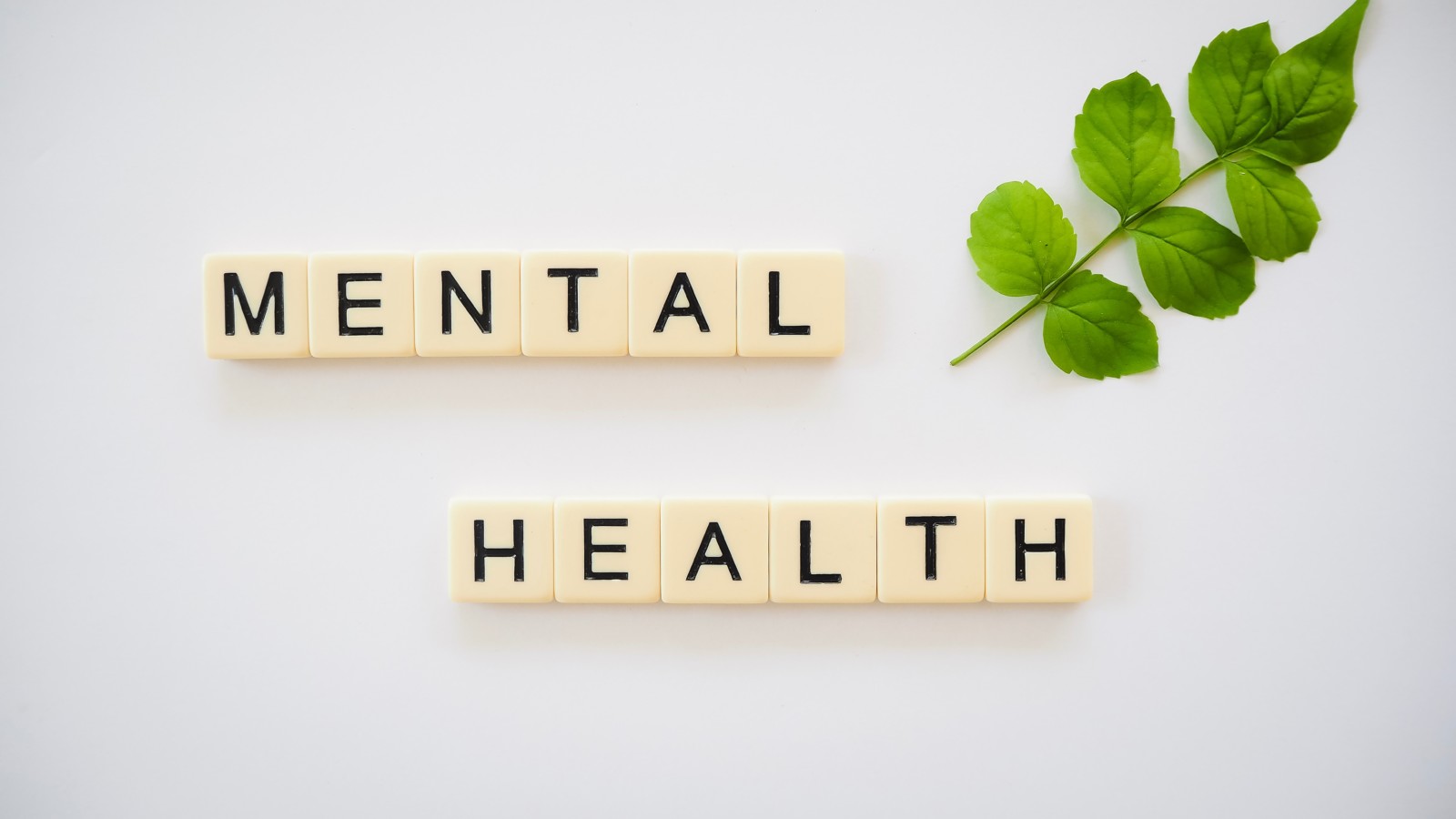To stay healthy, you need to look after your mental health as well as your physical health. It’s far too easy for both of those to fall to the wayside in favor of caring for loved ones, but in order to properly take care of those who matter most to you, you need to make sure you’re as healthy as possible. This means you need to prioritize self-care before caring for others; if you don’t already do that, you need to get into the habit of doing so.
One way to practice self-care is to learn about and recognize the symptoms of stress. An undue amount of stress can negatively impact your physical and mental health. Some of these signs include headaches, low energy, an upset stomach, tense muscles, and insomnia. Learn how stress displays itself in you, then identify what situations or events may be causing you stress. Once you can determine the cause, you can learn how to either avoid the cause or learn how to cope with it.
Physical Health
If you take care of your physical health, you can improve your mental health as well. Keeping up a good physical health routine will make it easier to maintain good mental health habits because it’ll be more resilient. You don’t have to dedicate your entire life to going to the gym, but you should make sure you get plenty of exercise—taking the stairs instead of an elevator or riding your bike instead of driving to a destination are both great ways to get yourself moving. Additionally, make sure what you eat is healthy and fresh to stabilize your energy levels and moods.
You should also make sure you’re getting enough sleep at night: adults need between seven and nine hours of sleep per night to stay healthy. If you’re tired during the day, a 15 or 30-minute nap can do wonders.
Mental Health
Looking after your physical health may help your mental health, but it won’t solve it completely. It’s vital that you dedicate time toward watching after your mental well-being as well. One way you can do this is to give yourself time to recharge and take time for yourself; this will give you a moment of respite rather than always being “on” during your day.
Another way to look after your mental state is to practice good mental habits. You shouldn’t feel guilty about feeling negative emotions; they’re a part of life. This guilt is untrue and unproductive, so instead, avoid the guilt and don’t judge them for what they are. Instead, take notice of the positive moments in your day and keep track of them. No matter how big or small, positive thoughts or events can make life a bit brighter.
Likewise, don’t be afraid to reach out to others. Whether it be a support group, family, or friends, let people give you their strength by talking with them and asking for help when it’s needed. You don’t have to do everything alone to get through life.


